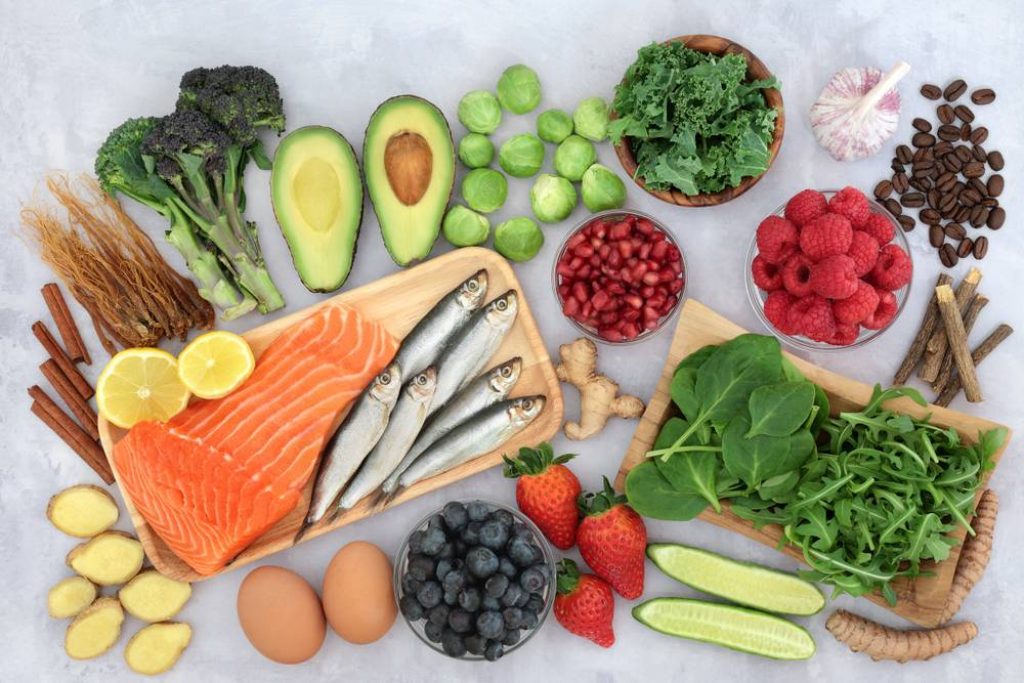
Foods To Avoid For Arthritis Prevention
Arthritis can be quite frustrating and painful. It is a gradual, degenerative disease that can affect any joint of the body, but the knees and hands are most commonly affected. Arthritis can develop in childhood, but it is more prevalent in adults.
Related Topics (Sponsored Ads):
There are also several types of arthritis, such as Rheumatoid and Osteo. The causes of all arthritis types are mainly genetics, overuse/abuse of the joint, gradual collagen reduction in the joint that occurs with age, unhealthy daily lifestyle, vitamin deficiency, unhealthy inflammatory diet and being overweight. Unfortunately, like many diseases and conditions out there, there is no way to completely prevent it or cure it. But studies have proven that if you follow the tried-and-true anti-inflammatory diet, along with the guidance of arthritis experts and professionals, you will be able to achieve a greater range of movement and significantly reduce joint pain and stiffness.

What To Look For At Your Nearby Market
You may not like to hear it, but it’s an undeniable fact- A lot of the foods we enjoy are inflammatory, which only make arthritis symptoms worse, along with any other inflammatory condition you may have. So, which anti-inflammatory foods can you confidently pluck off the shelves and put on your menu? Keep your eyes peeled for these vital arthritis-fighting essentials:
Fatty Fish
Salmon, mackerel and tuna have high levels of Omega-3 fatty acids and vitamin D. Both of these elements help to reduce inflammation. It is highly recommended to include fish in your diet a couple of times a week. For those who find fish unpalatable and revolting, fish oil supplements are a great alternative.
Dark Leafy Greens
Remember Popeye the Sailor man’s love for spinach? Well, it may not give you big muscles, but it turns out he was spot on. Spinach, kale, broccoli and collard greens are indeed super healthy and great sources for vitamins E and C. Vitamin E works to protect the body against inflammatory molecules. Vitamin C helps the body make collagen, which is a major component of cartilage that aids in joint flexibility.
Nuts
Go nuts with almonds, hazelnuts, peanuts, pecans, pistachios and walnuts. These nuts in particular contain high amounts of fiber, calcium, magnesium, zinc, Vitamin E and Omega-3 fats which all have anti-inflammatory effects. Nuts are also heart-healthy, which is particularly important for people with rheumatoid arthritis (RA) since they have twice the risk of heart disease as healthy adults.
Olive Oil
Extra virgin olive oil is loaded with heart-healthy fats, as well as oleocanthal, which contains properties similar to non-steroidal, anti-inflammatory drugs. Olive oil, combined with vitamin D, has also shown to protect against bone loss.
Berries
Berries? Yes please, and lots of them. Berries pack a double dose of anti-inflammatory properties. All fruits are high in antioxidants, which can help fight inflammation. Additionally, foods like blueberries, raspberries, strawberries and blackberries contain anthocyanins, which reduce inflammation.
Fresh Garlic and Onions
Believe it or not, these pungent vegetables contain anti-inflammatory chemicals that have shown to relieve some forms of arthritic pain. As an added bonus, they are also known for their immunity-boosting properties.
Green Tea
This mild and energy boosting tea possesses various health benefits, along with a natural antioxidant called epigallocatechin-3-gallate (EGCG). This ingredient has been shown to stop the production of certain inflammatory chemicals in the body, including those involved in arthritis. Recent studies also suggest that EGCG may prevent cartilage from breaking down, helping to preserve joints longer.
Listed below are some of the worst foods for arthritis that you’ll want to avoid as much as possible.
Processed Foods
Stay away from baked goods, prepackaged meals and snacks. These items contain trans fats to help preserve them, and trans fats trigger systemic inflammation. To dodge trans fats, avoid any foods labeled as containing partially hydrogenated oils.
Red Meat and Fried Foods
Meat—especially red meat—is high in saturated fats, which may cause high cholesterol and inflammation. In addition, meat contains high levels of advanced glycation end products (AGEs) that stimulate inflammation, particularly when it is broiled, grilled, roasted, or fried.
Refined Carbohydrates
White flour products, such as white bread, white pasta, and crackers, are considered refined carbohydrates. Keep these bad carbs to a bare minimum. Refined carbohydrates, also called refined grains, cause a spike in blood glucose, which has been shown to increase inflammation in the body.
Cheese and High-Fat Dairy
Cheese, butter, cream cheese, margarine, and mayonnaise are all high in both saturated fats and advanced glycation end products (AGEs)—they’re big inflammation triggers and should be consumed sparingly.
Alcohol
Experts agree that consuming too much alcohol increases inflammation and health risks. However, the research regarding moderate alcohol consumption is still debatable.
If you are trying to decrease inflammation, try cutting out alcohol altogether for 4 to 6 weeks and see what happens. You may notice a decrease in inflammatory joint pain. Additionally, you may also notice an improvement in your quality of sleep.
Final Thoughts
No matter what kind of arthritis you may have, you don’t have to give up your joys and pleasures. You can still live a full and active life. Before you take any steps though, be sure to see a certified and trusted professional for guidance. Always consult a doctor before you do anything regarding your health.




